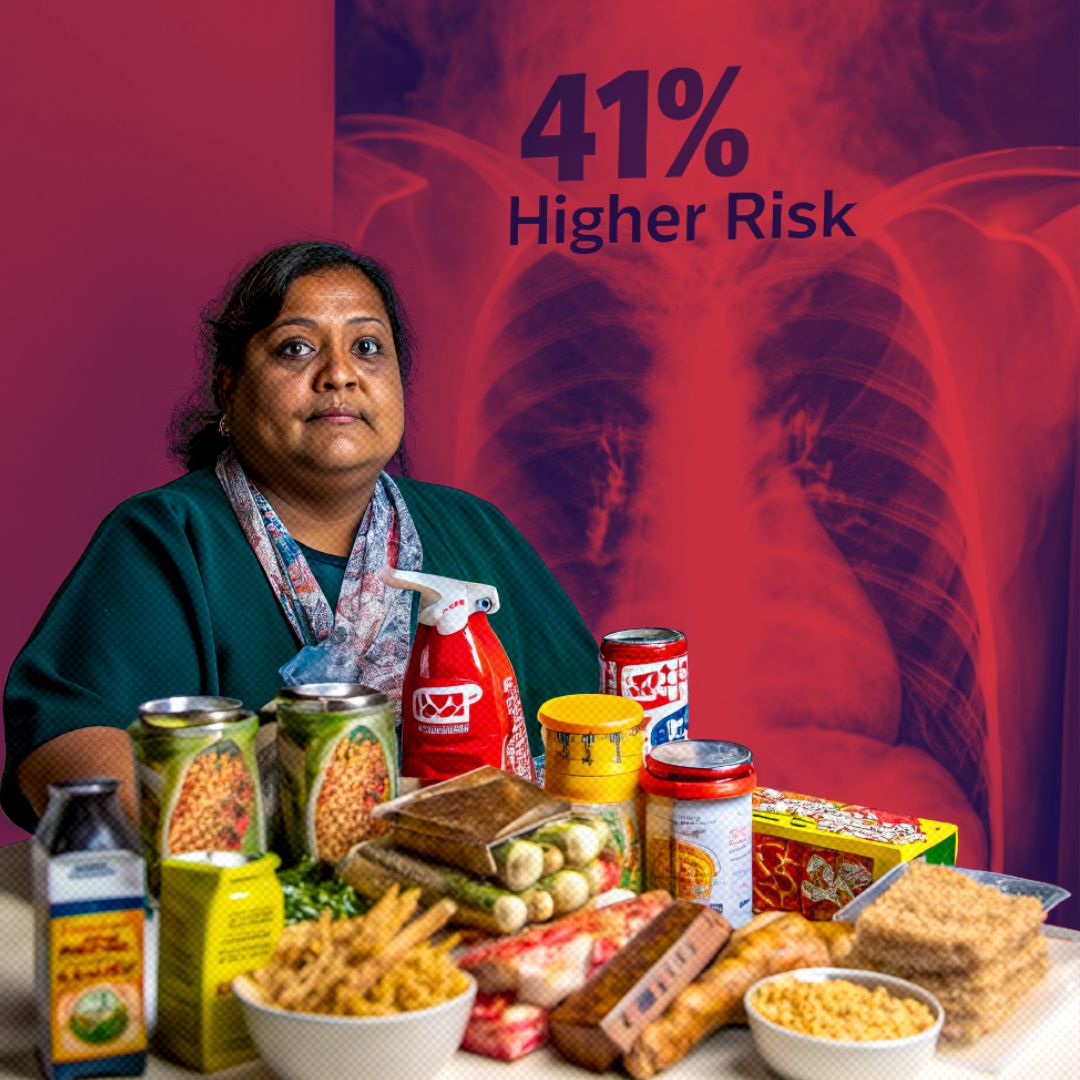A landmark study published in Thorax reveals that individuals consuming the highest amount of ultra-processed foods have a 41% greater risk of developing lung cancer, including both non-small cell and small cell lung cancers. The research analysed data from over 155,000 Americans aged 55-74, tracked across approximately 12 years, and accounted rigorously for smoking habits and overall diet quality.
Ready-to-eat meals, processed meats, sugary beverages, and packaged snacks—common in many modern diets—are linked to this elevated risk. Health experts urge reducing ultra-processed food intake as part of lung cancer prevention strategies. Further research is called for to confirm these findings globally and understand underlying mechanisms.
Study Exposes Hidden Dangers in Everyday Foods
Researchers tapped into the US Prostate, Lung, Colorectal, and Ovarian (PLCO) Cancer Screening Trial data, uncovering 1,706 lung cancer cases over the study period. Compared to participants with the lowest consumption of ultra-processed foods (UPFs), those in the highest quartile had a 41% increased hazard of developing lung cancer.
Such foods include packaged snacks, soft drinks, deli meats, and fast food, which often contain additives, preservatives, and industrial contaminants. A particularly concerning compound is acrolein—a toxic chemical found in cigarette smoke and also generated during food processing such as grilling sausages or caramel production.
Aside from carcinogens, ultra-processing can degrade nutrient quality and diminish the benefits of protective foods like fruits and whole grains, effectively displacing them in diets.
Global Dietary Shifts and Health Implications
The rise in ultra-processed food consumption worldwide has paralleled increases in obesity, diabetes, cardiovascular ailments, and cancers, with lung cancer ranking as the most common cancer worldwide. While tobacco smoking remains the predominant risk factor, data from this study underscore the significant role diet quality plays in cancer risk—even among non-smokers.
Experts note that the study’s observational nature cannot prove causality but highlights a critical area for public health focus. Packaging materials used in UPFs may further exacerbate risks through chemical leaching. Efforts to reduce UPF consumption and promote whole foods could help relieve the global lung cancer burden.
Expert Advice and Recommendations
According to CNN Health, Dr. David Katz, founder of the True Health Initiative, described the findings as “strongly implying that ultra-processed foods may play a role in lung cancer risk.” He explained that ultra-processed foods tend to be high in saturated fats, sugar, salt, and chemical additives, which can trigger inflammation and harm the gut microbiome—both key contributors to elevated cancer risk.
Katz emphasised that shifting towards whole, minimally processed foods can help improve diet quality and reduce cancer risk.
Dr. Fang Zhang, chair of nutritional epidemiology at Tufts University, pointed out that while smoking is the predominant lung cancer risk factor, the study’s adjustments for smoking lacked detailed evaluation of smoking intensity and duration. Zhang noted a stronger association between ultra-processed food intake and lung cancer risk among non-smokers, urging more precise research and increased dietary vigilance.
Experts recommend prioritising diets rich in fruits, vegetables, whole grains, and omega-3 fatty acids while limiting sugary drinks, processed meats, and other ultra-processed foods to promote lung health and overall well-being.
The Logical Indian’s Perspective
This study serves as a vital reminder that what we eat profoundly influences our health and the collective well-being of our society. At The Logical Indian, we advocate for informed, compassionate food choices that promote longevity, reduce disease burdens, and nurture the planet.
Banning harmful ultra-processed foods outright may not be practical, but enabling access to wholesome, culturally appropriate foods is essential for social harmony and health equity.











